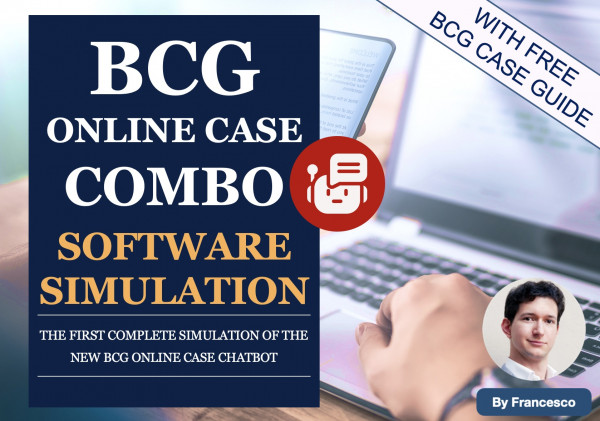Hello everyone,
When given a chart or diagram during a case, if I do not understand something on it (for example what it means or because I do not have a business background, I do not know what it represents) then am I allowed to ask questions? How would I do so?
Thank you!




















